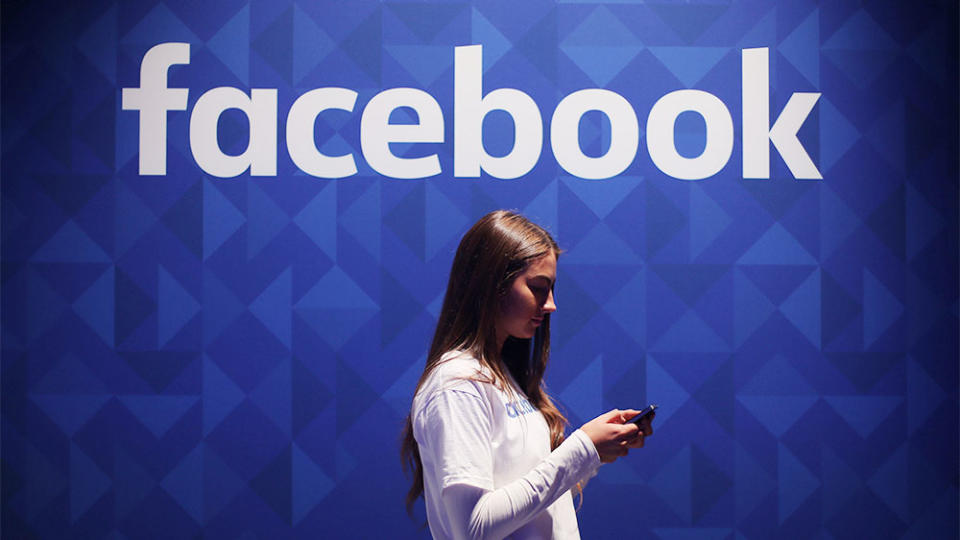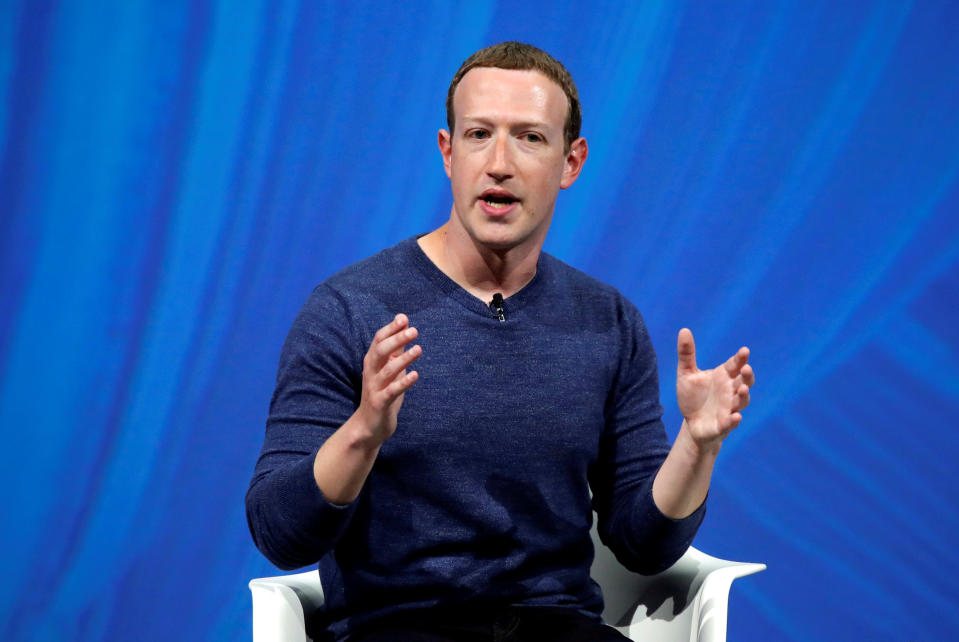Some Facebook users are dialing back use over latest scandal
Expect some Facebook (FB) users to dial back their use of the popular social network and even delete their accounts following the publication of a damning exposé this week.
On Wednesday, The New York Times published an extensive feature that revealed how Facebook management was reluctant to tackle Russia-linked activity on the social network following the 2016 U.S. presidential election, how unprepared Facebook was for the ensuing public fallout, as well the social network’s efforts to wield influence on Capitol Hill. Chief among Facebook’s alleged infractions: employing Definers Public Affairs, a Republican opposition research firm, to accuse left-wing financier George Soros of quietly backing anti-Facebook groups.
“It’s too early to tell the full impact The New York Times story is having — we would have to see in a month — but it will impact [Facebook’s] Daily Active Users and even just the people who are concerned about occasionally logging on and giving clicks and views to a company they might disagree with,” says Altimeter Group analyst Omar Akhtar, who adds the report severely tarnished Facebook COO Sheryl Sandberg’s once-sterling reputation.
A dealbreaker
This latest controversy proved to be a dealbreaker for at least some Facebook users, who became increasingly disillusioned with the company and its methods following a string of scandals this year.

Tamara Rudorfer, CEO of Elusive View Entertainment, a New York City-based streaming video company, joined Facebook in 2007, when the social network still required a college email address to register for an account. In those earlier years, she enjoyed using Facebook to stay in touch with people she didn’t often see in-person. However, Rudorfer was turned off after learning of the social network’s role in the 2016 U.S. presidential election — even more so when the Cambridge Analytica scandal broke in March. This week’s turn of events, which included Facebook CEO Mark Zuckerberg denying knowledge of hiring Definers Public Affairs, proved the “last straw.”
“When Mark Zuckerberg claims that he doesn’t know what’s going on at his own company, I just want to say to him, ‘How are you not responsible for the content on your website?” says Rudorfer. “You’re the founder. You’re the CEO. You are responsible.”
Andreas Trolf, a TV and fiction writer in Los Angeles, plans on deleting his Facebook account on Nov. 22, after more than a decade of use, once he’s downloaded his profile data and noted the birthdays of some close friends on Facebook.
“The decision to delete my account is something I’ve wrestled with for a while now — at least since 2016,” explains Trolf. “I love Simpsons meme pages as much as anybody, but the costs now definitely outweigh the benefits. To be caught up with so many bad actors who exploit the platform, seemingly with the blessing of FB executives, is something I can no longer in good conscience continue with. The malfeasance of Mark Zuckerberg and Sheryl Sandberg shouldn’t be rewarded by our continued patronage.”

Going one step further, Natalie Marigot, an art studio manager in New Haven, Conn., deleted her Facebook, Instagram and Messenger accounts earlier this week— a difficult decision because Facebook, especially, was a convenient solution for her to keep in touch with far-flung friends.
“The [New York Times] exposé did make up my mind, although previous reporting on Facebook’s actions, especially as regards to its influence in domestic and foreign politics, really made me feel conflicted about using these platforms,” Marigot says. “There is no sense of responsibility from anyone at Facebook: no sense of ownership over their content, or advocacy for the user.”
These kinds of user stories are becoming more common. According to data published by the Pew Research Center in September, 42% of users surveyed have taken a break from Facebook for several weeks or more, adjusted their privacy settings or deleted the Facebook app entirely from their smartphones since March.
Indeed, interest in closing Facebook accounts has spiked several times this year, according to Google Trends. In addition to this week’s news, searches for the phrase “how to close a Facebook account” temporarily increased around the Cambridge Analytica scandal in March, as well as news in mid-October that a data breach affected roughly 29 million Facebook accounts.
Finding a viable alternative
But the decision to pull the plug on Facebook isn’t as clear-cut or easy for users looking to move on. One of those users is Mary Huber, a 68-year-old semi-retired attorney who runs the Progressive Salon of Decatur, a local politics-focused group in Decatur, Ga. The group, which has 200 members online, uses Facebook to organize monthly meet-ups to discuss local state initiatives and raise money. The group is in agreement that they need to find an alternative to the social network eventually.
“You can’t advocate for free speech, voting rights and fair dialogue and at this point still participate in Facebook,” contends Huber, who was disturbed by the latest Facebook scandal.
Huber has reviewed several social network alternatives, including the subscription-based Vero and the free, open-source Mastodon, but hasn’t reached a decision yet. Like it or not, Huber acknowledges, Facebook made it easy for the group to chat and organize their next meetings online, simply in part because so many of its members already had Facebook accounts. (Many of the salon’s members do not have Vero or Mastodon accounts, for instance.)
Huber’s dilemma raises a larger question, at least for some: For those seeking Facebook-like convenience and connectivity online without the political and ethical morass, what else is out there? The answer, for now, unfortunately, remains somewhat unclear.
—
JP Mangalindan is the Chief Tech Correspondent for Yahoo Finance covering the intersection of tech and business. Email story tips and musings to jpm@oath.com. Follow him on Twitter or Facebook.
More from JP:



